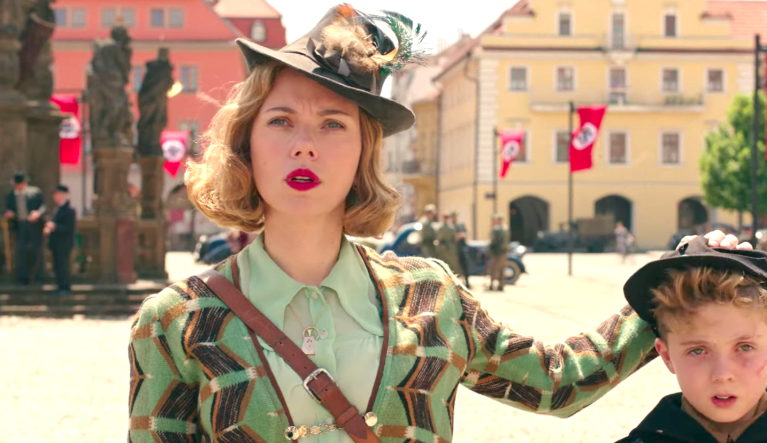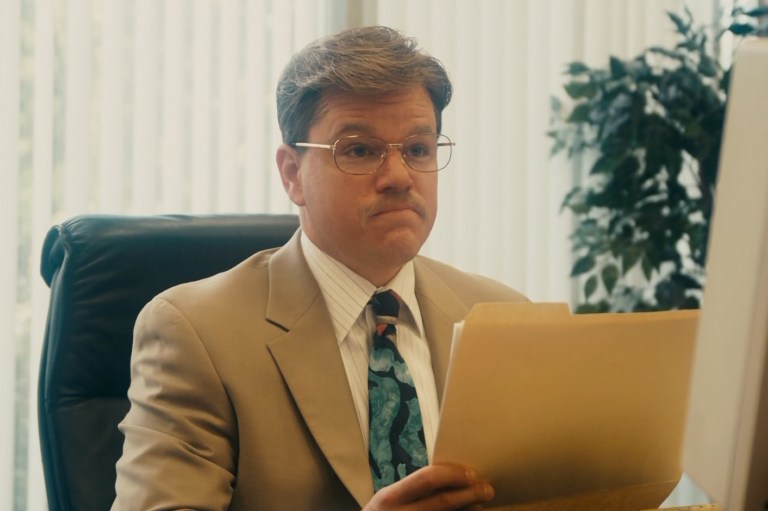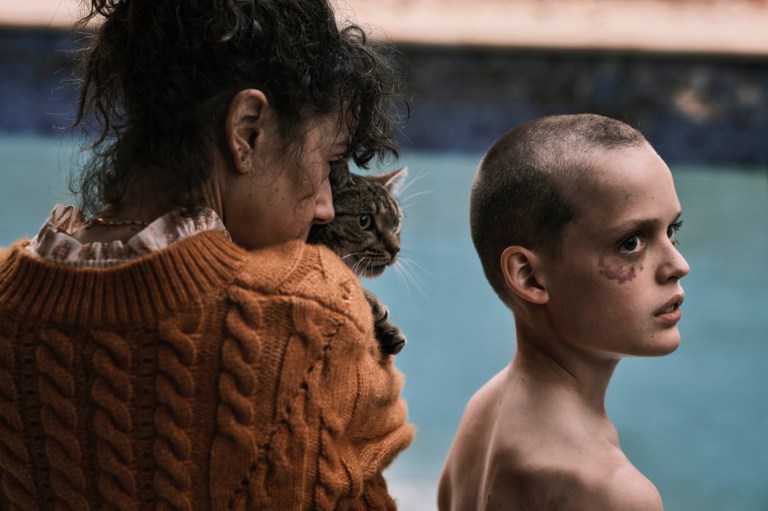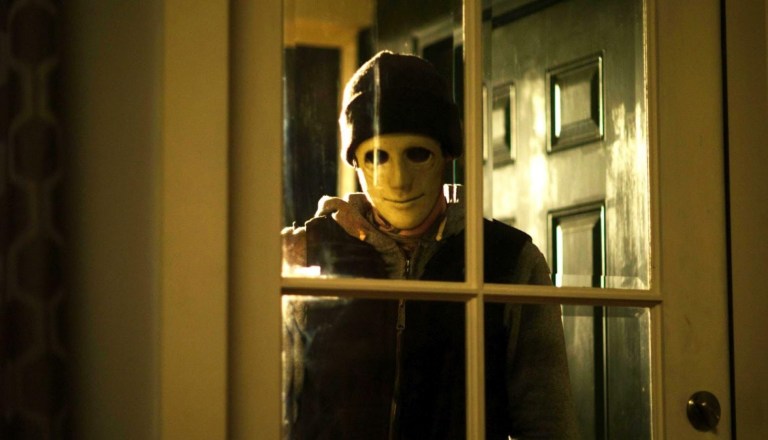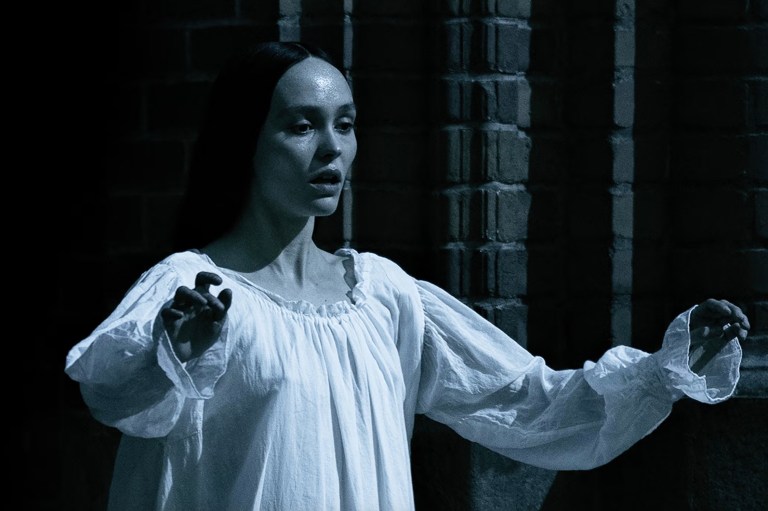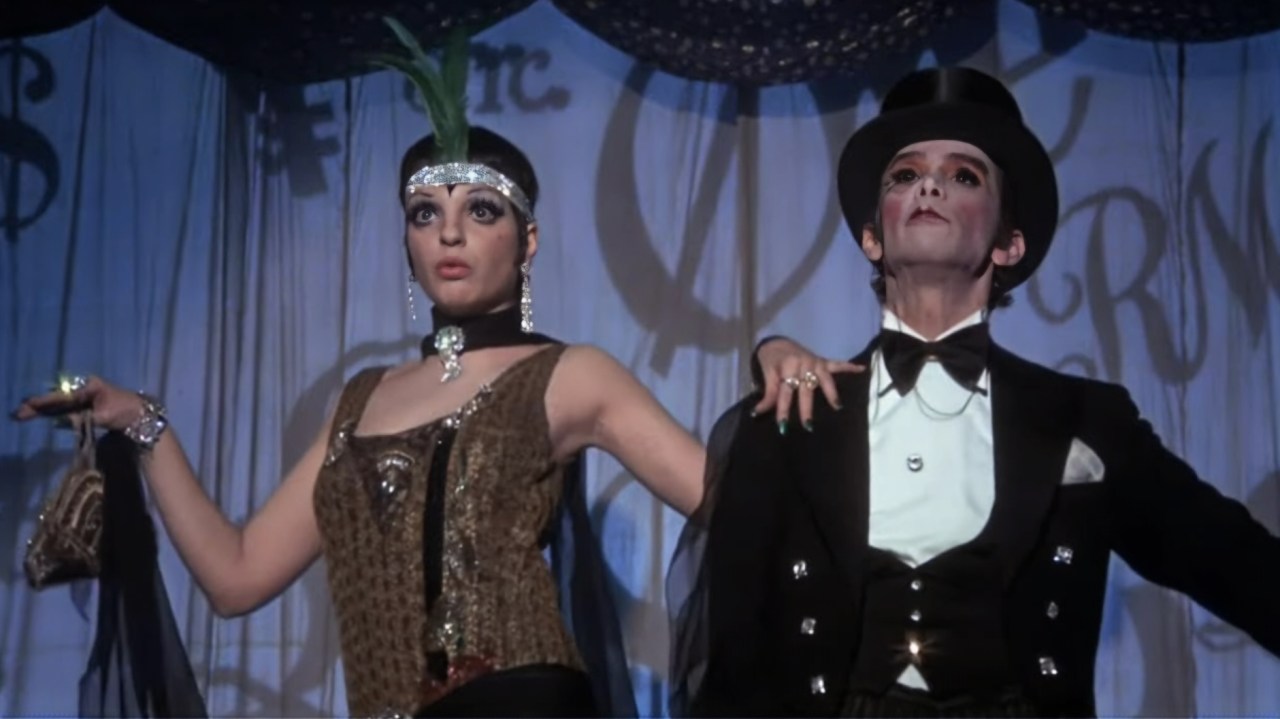
Watch This Classic Movie If You Want To See How Scarily Relevant It Is In 2025
Sat at home on our sofas, we binge Netflix and watch fame-seeking singles find “love,” often to distract ourselves from the political and societal turmoil occurring outside.
But art—whether television, film, paintings, photography, music, or more—is often on the frontlines of fighting against worldly atrocities. One such form of art is musical theatre, often dismissed by non-theatregoers as frilly and meaningless, but true theatre nerds know that musicals are almost always driven by the desire to speak up against the world’s atrocities.
In 2025, we can find relevance in many classic musicals, but there’s no musical more relevant than Cabaret. First produced in 1966, the show has been revived several times on Broadway and the West End, in addition to spawning a 1972 film with the original Emcee, Joel Gray, and Liza Minnelli as Sally Bowles.
I was lucky enough to catch the 2021 West End revival this year, starring Billy Porter and Marisha Wallace, in which the audience is entirely immersed in the show’s setting, the seedy, yet decadent, Kit Kat Club. With cabaret performers waltzing through the lobby before the show begins, playing tunes on instruments, themed drinks, and décor to marry our modern day with Berlin’s Jazz Age, we involuntarily become the voyeurs Cabaret draws attention to.
“If you’re not against all of it, then you’re for it.”
Cabaret follows an American, Clifford Bradshaw, as he finds himself in Berlin, hoping to find inspiration and motivation for the next great American novel. Instead, he is seduced by Berlin’s hedonistic nightclub scene, exploring his sexuality along with a tumultuous relationship with the carefree, yet emotionally disparate, Sally Bowles. As an outsider looking in, he’s first enchanted by the freedom he finds in Berlin, wanting to become a part of it all and turning a blind eye to the growing antisemitism around him.
But as he becomes more entrenched in the Kit Kat Club and its familiars, even running Black Market errands for a “friend” named Ernst, he wakes up to the dangerous political turmoil of the rising Nazi party. Cliff tries to bring this to the attention of his new friends, who simply brush it off, saying that politics have nothing to do with them.
We’ve heard many versions of this today—people who refuse to vote or don’t care enough about it because politics don’t affect them or even those who turn a blind eye to the news as their own personal survival and dreams take priority over the world’s atrocities. Meanwhile, hate crimes against LGBTQ+ folks, BIPOC, and even Jews are at an all-time high as far-right parties gain power around the world. In America, we think of Donald Trump’s rise to power (again) as an easy comparison to Nazi Germany, but fascism is gaining traction around the world with political parties in the Netherlands, Poland, Hungary, Slovakia, Spain, and Denmark.
Of course, we can also point to the humanitarian crisis in Palestine as the Israeli government and IDF troops, led by the corrupt far-right Prime Minister Benjamin Netanyahu, continue to target and starve innocent people. If we don’t speak out against it, if we don’t do something about it, we are simply voyeurs and allies to the hatred, watching and supporting as the world’s leaders delve deeper into separating and pitting disenfranchised groups against one another. Cabaret shows us that as we watch the musical, we are also watching the world, later to become either part of the problem or a victim of “the solution.” In the end, there is no in-between.
Cabaret highlights the struggle between survival and being true to oneself, as well as the hypocrisy of subversion.
When we think of pursuing our truest selves, we don’t often think about how that pursuit can conflict with our survival. In fact, we often need to be honest with ourselves to find a sense of peace, which can lead to a much easier life. However, during the rise of Nazi Germany as shown in Cabaret (or any far-right regime), people are forced to choose between their lives and their happiness.
Fräulein Schneider falls in love with the local grocer, a German Jewish man named Herr Schultz. However, sex worker Fräulein Kost informs Ernst, who now openly wears a swastika armband, that Schultz is Jewish at Schultz and Schneider’s engagement party. Ernst informs Schneider that marrying Schultz could have life-ending repercussions for her, and after a brick is thrown through Schultz’s shop, she ultimately decides to break off their engagement. She insists she’s lived this long as a single woman and asks herself, Cliff, Sally, and the audience, “What would you do?” in a heartbreaking song.
Meanwhile, the Kit Kat Club, while claiming to be a progressive haven of self-expression, an underground home for the “freaks” and the “weirdos” who subvert societal norms, succumbs to Nazi propaganda. Instead of standing up for Jews, who have also been ostracized from society, the club welcomes German nationalism as characters sing “Tomorrow Belongs to Me.” When Sally Bowles returns to the cabaret, her choice to be carefree and ignorant to the world around her is ultimately her downfall as the cabaret and its performers succumb to the consequences of fascism. While claiming to be progressive, they do nothing to help those in need and become victims themselves.
It’s a harrowing reality for some of us living in the 21st century—as fascism rises around the world, many of us who live in enough comfort are forced to choose between our own survival, doing what’s right, and being true to ourselves. For instance, a member of the Irish band Kneecap is now facing terrorism charges in England for speaking out against the atrocities in Palestine. By speaking their minds, they are now victims themselves, forced to cancel shows because of the charges. Their desire to stand up for what’s right has conflicted with their ability to survive.
But if we don’t do what’s right today, it could get worse. If more characters in Cabaret faced the truth of the world and stood up for those in danger, perhaps far fewer than 12 million people would have died. Cabaret shows, however, that once the wheel of hate starts turning, it can spin out of control, forcing us to choose between standing aside to survive or truly living with purpose, joy, and love.
So, what would you do? When enemies and victims live and grow among our families and friends, do you keep quiet and survive or fight to live?
If you can’t make it to a live theater production of Cabaret, you can rent the 1972 movie on Amazon Video.
